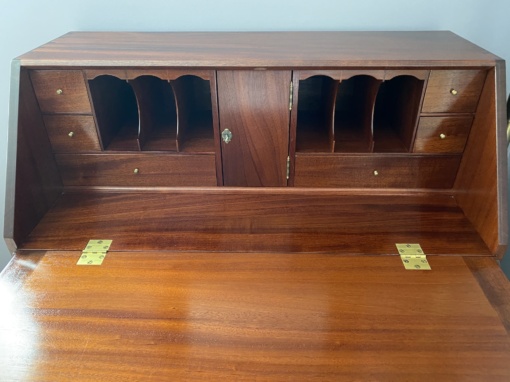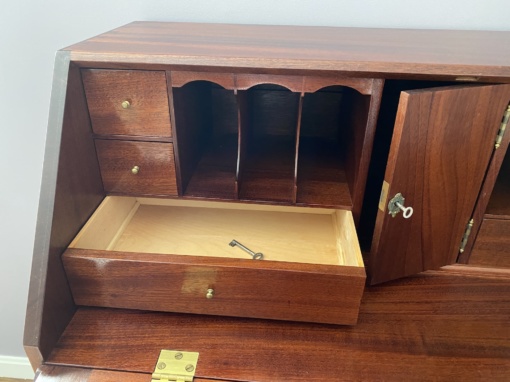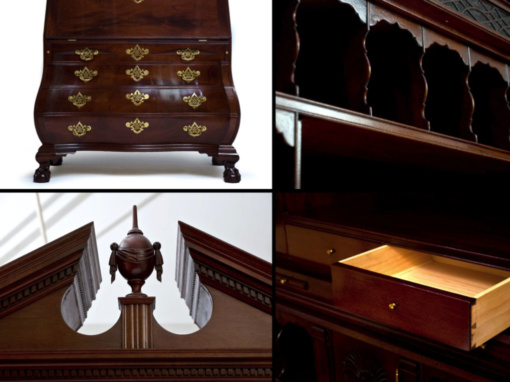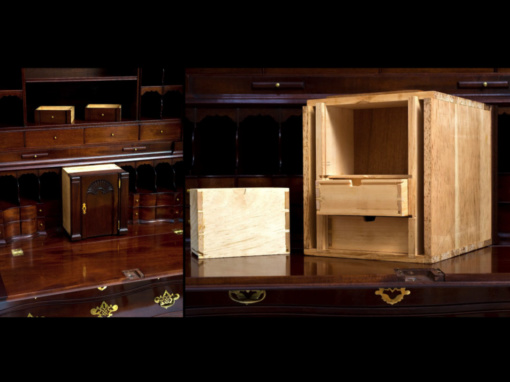 Before making any deductions on your taxes, it’s worthwhile to understand the difference between getting a tax credit and taking a tax deduction. Investorwords.com defines a tax deduction as an expense that is subtracted from your adjusted gross income (AGI). Your AGI is the amount used to calculate your income tax liability after certain adjustments are made but before deductions and exemptions. A tax credit, on the other hand, is a dollar-for-dollar reduction in what you actually owe. To determine the best tax preparation possible for your individual circumstances, and to eliminate any confusion surrounding tax law, experts suggest consulting a tax advisor before filing.
Before making any deductions on your taxes, it’s worthwhile to understand the difference between getting a tax credit and taking a tax deduction. Investorwords.com defines a tax deduction as an expense that is subtracted from your adjusted gross income (AGI). Your AGI is the amount used to calculate your income tax liability after certain adjustments are made but before deductions and exemptions. A tax credit, on the other hand, is a dollar-for-dollar reduction in what you actually owe. To determine the best tax preparation possible for your individual circumstances, and to eliminate any confusion surrounding tax law, experts suggest consulting a tax advisor before filing.
You can also register for tax updates and tips with the Internal Revenue Service (IRS). Simply go to the IRS web site and sign up for regular reports that will be sent to your e-mail address.
Home Mortgages
New for 2007 tax returns, however, is the Mortgage Insurance Fairness Act. It gives homeowners a new deduction that is available only for 2007, unless Congress decides to extend the provision. Approved for a trial period of one year, the Act basically treats mortgage insurance premiums (MIP) paid on home loans that closed in 2007 as interest. The amount paid is fully deductible for borrowers with incomes that do not exceed $100,000. MIP, also known as private mortgage insurance (or PMI), is the insurance a homeowner pays on a new mortgage when the down payment is less than 20 percent. More information is available by downloading IRS Publication 936.
Points (otherwise known as loan origination fees) are also fully deductible for new home loans or home improvement loans. If you refinanced your home in 2007—and paid points—that’s also deductible; however, points paid to refinance a loan are not fully deductible in the year the loan originated. Instead, they are amortized over the life of the loan.
Richard Mather, a tax supervisor with RSM McGladrey Inc., a tax consulting firm, in Scottsdale, Ariz., gives this example: “If you have a 15-year loan to refinance your home and paid $1,500 in points, you can deduct from your tax bill $100 for the next 15 years.”
To find out how many points you may have paid in 2007 on any home-related loan, Carol Dochen of Carol Dochen Realtors in Austin, Tex., says to check your closing statement, also called the HUD-1 closing cost report. She suggests you take it to your tax advisor for review prior to closing and also after the purchase to check for tax-related savings.
The mortgage interest paid on your home loan is deductible, but the IRS limits this deduction by capping the debt in your name at $1 million, even if you own two homes. If you own a third home, the mortgage interest is not deductible at all, says Donna Esposito, a certified public accountant and senior director with RSM McGladrey Inc.
Property Taxes
Before you determine how much you’ve paid in property tax, which is fully deductible no matter how many homes you own, make sure you know who’s paying the tax, says Esposito. Is it you or your mortgage lender? Check your mortgage statements to verify. There is no limit on the amount that can be deducted. “In states like New York, for example, where you might be paying up to $25,000 in property taxes on an average home, the savings can be substantial,” says Esposito. Just make sure the property taxes are paid, she says.
Home Improvements
If you took out a home equity loan in 2007 for home improvements of any kind, or even to buy a car, you can deduct the interest on loans up to $100,000. You may also want to ask your mortgage lender about mortgages available specifically for energy-efficient improvements on your existing home. The projects must be certified by a qualified rater, and the interest on such loans is deductible.








To find out more about tax deductions for homeowners, visit these sites:
- Alliance to Save Energy
- Database of State Incentives for Renewables & Efficiency
- Federal Tax Credit for Energy Efficiency
- Financing an Energy Efficient Home
- Internal Revenue Service
- Residential Energy Services Network
- The Tax Incentives Assistance Project
- U.S. Department of Energy





Energy Credits

|
|
Because Congress did not extend the 2007 tax credits on energy-efficient home improvements when it approved the new energy bill last month, the last of the credits expired December 31st. Esposito says she is unaware of any new deductions or tax credits for 2008 but says, ”That can change, depending on what Congress does.”
When filing your 2007 taxes, you can deduct the cost of energy-efficient home improvement items such as dual-pane windows, sunscreens and insulation you bought during the year. The credits, which cap at $500, require additional paperwork. Costs for installation are not included.
If you’re unsure that the product you purchased meets the requirements, “Look for the Energy Star label,” says Mather, “and make the seller put this in writing so that you have documentation. Also work only with reputable dealers.” For a chart that details what qualifies, visit the Energy Star web site.
Additional energy credits—up to $2,000—can be taken if you purchased and installed a solar energy system. This credit, which allows you to deduct 30 percent of the cost, expires at the end of 2008, says Mather. So, even if you did not make this purchase in 2007, you still have time to consider it this year.
Even simple, cost-effective steps like sealing leaks around doors and windows that can be done by homeowners without professional help and were completed by December 31 are eligible for the energy tax credits, says Ronnie Kweller, a spokesperson for the Alliance to Save Energy in Washington D.C. You would save 10 percent of the cost of materials, as long as you retain the receipts and complete the proper paperwork, including IRS Form 5965 for those who itemize and file the Form 1040 tax return.
Medical Expenses
You can also deduct the cost of certain home improvements that are medical-related. “Let’s say you’re remodeling your home because mom’s coming to live with you and mom’s walking with a walker these days due to health problems,” Esposito says. “You need to add a ramp or install a seat in the shower. You can deduct 100 percent of the cost, less the value of the increased value on the home. In other words, these projects are not meant to add value to the home but rather to serve the medical condition for which they are needed.” You can read more about this deduction in a booklet the IRS offers online called Publication 502.
To determine the value, Esposito recommends getting an appraisal for expensive items, such as solar energy items or heating/cooling systems, or simply asking the installer to write the estimated value to the home on the purchase contract.
Credit: Renovate Your World




























